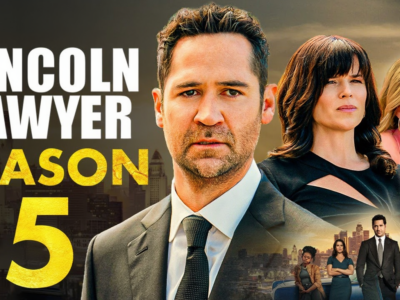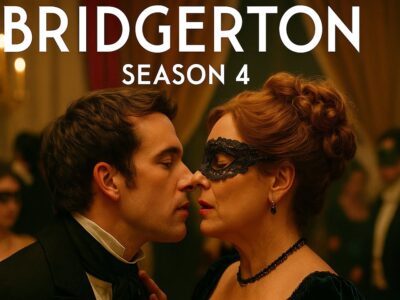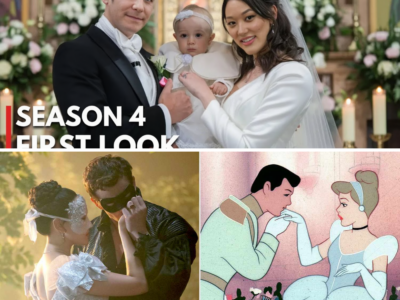On July 5, 2025, the football world was plunged into mourning following the tragic deaths of Liverpool star Diogo Jota and his brother André Silva in a high-speed car crash in northern Spain. The accident, which occurred just 11 days after Jota’s wedding to his childhood sweetheart Rute Cardoso, sent shockwaves through the global football community. As teammates, fans, and dignitaries gathered in Gondomar, Portugal, to pay their respects at the brothers’ joint funeral, one conspicuous absence fueled intense controversy: Cristiano Ronaldo, Portugal’s national team captain and global football icon, was nowhere to be seen. Instead, Ronaldo was photographed relaxing aboard his luxurious £5.5 million Azimut Grande yacht in Mallorca with his partner, Georgina Rodríguez, prompting a firestorm of debate on social media and beyond.
This article delves into the details of Ronaldo’s absence, the public’s polarized reactions, and the broader implications of his decision, exploring the tension between personal choices, public expectations, and the media frenzy surrounding one of the world’s most famous athletes.
The Tragic Loss of Diogo Jota and André Silva
Diogo Jota, a 28-year-old forward for Liverpool and a key player for the Portuguese national team, was killed alongside his 25-year-old brother André Silva in a devastating car accident on July 3, 2025. The brothers were traveling in a £185,000 Lamborghini Huracan near Zamora, Spain, when a suspected tire blowout caused the vehicle to spin out of control, crash, and burst into flames. Jota, who had recently undergone lung surgery and was advised against air travel, was en route to Santander to catch a ferry to the UK, where he was set to rejoin his Liverpool teammates. The accident occurred just weeks after Jota’s marriage to Rute Cardoso, with whom he shared three young children: Dinis, Duarte, and eight-month-old Mafalda.

The football community responded with an outpouring of grief. Liverpool FC issued a statement expressing their devastation, announcing the unprecedented decision to retire Jota’s No. 20 jersey. Tributes poured in from teammates, rivals, and fans, with floral arrangements, scarves, and shirts left outside Anfield Stadium. The funeral, held on July 5 in Gondomar, was attended by a host of football luminaries, including Liverpool stars Virgil van Dijk, Andy Robertson, and manager Arne Slot, as well as Portuguese internationals like Bruno Fernandes, Bernardo Silva, and Rúben Neves. The emotional service, marked by tearful tributes and floral jerseys bearing Jota’s and Silva’s numbers, underscored the profound impact of their loss.
Ronaldo’s Absence: A Deliberate Choice
As mourners gathered in Gondomar, reports emerged that Cristiano Ronaldo, Portugal’s most capped player and Jota’s national team captain, had chosen not to attend the funeral. Instead, the 40-year-old was spotted holidaying in Mallorca, aboard his 88-foot Azimut Grande yacht, a vessel boasting five luxury cabins and six bathrooms. Photographs published by the Daily Mail on July 7 showed Ronaldo and his partner, Georgina Rodríguez, relaxing on the yacht’s deck, with Ronaldo in white swim shorts and Rodríguez in a turquoise bikini, soaking up the Mediterranean sun. The images, capturing the couple laughing and scrolling on their phones, stood in stark contrast to the somber scenes unfolding in Portugal.
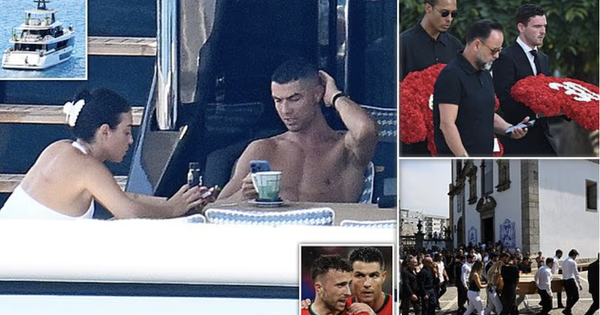
According to Portuguese outlet Record, Ronaldo’s absence was a deliberate decision rooted in respect for Jota’s family. The Al-Nassr striker reportedly communicated directly with Jota’s wife, Rute Cardoso, and his parents, explaining that his presence could attract excessive media attention and turn the funeral into a spectacle, detracting from the solemnity of the occasion. Ronaldo, whose global fame often draws crowds and cameras, was said to have agreed with the family that staying away was the “best option” to ensure the focus remained on honoring Jota and Silva. He also expressed his condolences privately and assured the family of his ongoing support.
Ronaldo’s sister, Katia Aveiro, took to Instagram to defend her brother’s decision, drawing on personal experience to highlight the challenges of grieving under public scrutiny. In an emotional post, she recalled the media chaos at their father’s funeral in 2005, when Ronaldo was just 20 years old. “We had to deal with a flood of cameras and curious onlookers at the cemetery,” she wrote. “The pain blinded me… At no time were we able to leave the chapel; it was only possible at the time of burial, such was the commotion.” Katia criticized the “fanaticism” and “sick society” that judged her brother’s absence, arguing that his decision was “wise” and respectful, prioritizing the family’s need for privacy over public expectations.
Social Media Firestorm: Support and Outrage
Ronaldo’s absence and yacht getaway ignited a fierce debate on social media, particularly on X, where fans and critics clashed over his priorities. Some expressed outrage, arguing that as Portugal’s captain and Jota’s teammate, Ronaldo had a duty to attend the funeral, regardless of the potential for disruption. A Portuguese X user commented, “As a friend and the captain of Portugal, Ronaldo should have prioritized attending the funeral over his vacation. A mere Instagram post is insufficient.” Another post by @FCBarcelonaHQ went further, accusing Ronaldo of leveraging his “PR” to avoid scrutiny: “Luis Díaz got slammed for not attending Diogo Jota’s funeral, but nobody will say a word about Ronaldo because of his PR. He is enjoying his vacations with his girlfriend and didn’t consider Jota important enough to leave his yacht.”
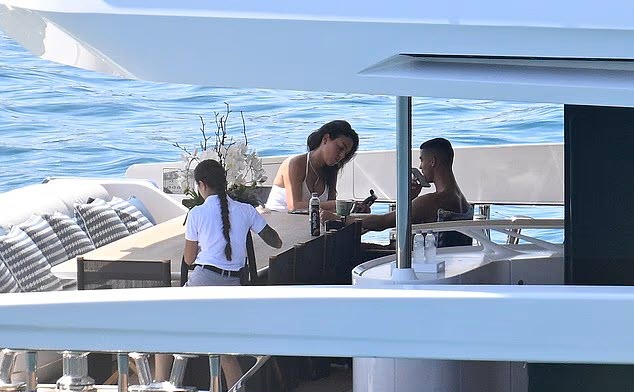

Others defended Ronaldo, emphasizing the potential for his presence to overshadow the ceremony. A user named Flavia wrote, “I understand why he doesn’t show up… People are already criticizing Cristiano Ronaldo for not showing up at the wake and funeral. Folks, I don’t know if you realize what Cristiano Ronaldo means to Gondomar.” Another user added, “The problem is a lot of people have no respect and would have gone to have a chance of seeing Ronaldo and not for Diogo.” These sentiments echoed the view that Ronaldo’s global celebrity could have turned a private moment of mourning into a media circus, detracting from the family’s ability to grieve.
The controversy was further fueled by Ronaldo’s heartfelt Instagram tribute to Jota and Silva, posted shortly after their deaths on July 3. “It doesn’t make sense,” he wrote. “Just now we were together in the National Team, just now you had gotten married. To your family, your wife, and your children, I send my condolences and wish them all the strength in the world. I know you will always be with them. Rest in peace, Diogo and André. We will all miss you.” While the post was widely praised for its sincerity, some critics argued that it was insufficient in light of his absence from the funeral, with one X user stating, “An Instagram post is not enough. He should have been there.”
The Broader Context: Fame, Grief, and Public Expectations
Ronaldo’s decision highlights the unique challenges faced by global superstars navigating personal and professional obligations under intense public scrutiny. As one of the most recognizable figures in the world, Ronaldo’s every move is documented, analyzed, and judged, often leaving little room for nuance. His absence from Jota’s funeral was not an isolated incident but part of a broader pattern of balancing fame with personal life. In 2022, for example, Ronaldo faced criticism for missing Manchester United matches following the death of his newborn son, a decision that sparked similar debates about his priorities.
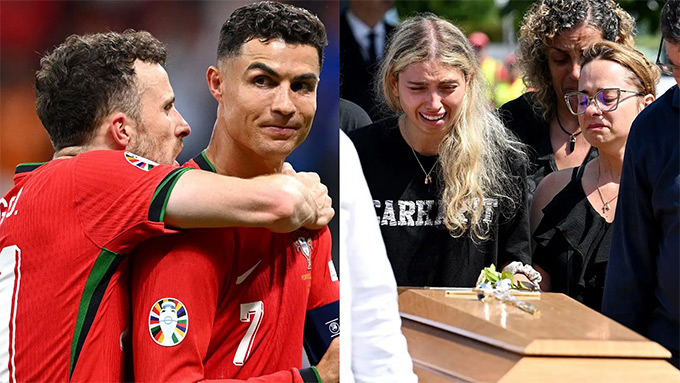
The controversy also underscores the evolving role of social media in shaping public narratives. Platforms like X amplify both support and criticism, often reducing complex decisions to binary judgments. While some fans praised Ronaldo’s restraint, others saw his yacht getaway as a sign of insensitivity, highlighting the polarized nature of online discourse. The Daily Mail’s coverage, which juxtaposed images of Ronaldo’s luxury vacation with the funeral’s somber scenes, further inflamed tensions, with headlines like “Cristiano Ronaldo holidays on a yacht in Mallorca amid questions over why he didn’t attend team-mate Diogo Jota’s funeral for ‘personal reasons’” drawing millions of clicks.
Implications for Ronaldo’s Legacy
At 40, Ronaldo remains a towering figure in football, with a career defined by record-breaking achievements, including five Ballon d’Or awards and two UEFA Nations League titles with Portugal, the most recent in June 2025 alongside Jota. However, his off-field decisions often attract as much attention as his on-field exploits, shaping his public image in ways that transcend sport. The Jota funeral controversy risks adding a new layer of scrutiny to his legacy, particularly in Portugal, where he is both a national hero and a polarizing figure.
For Jota’s family, the focus remains on healing and honoring the memory of Diogo and André. Liverpool’s decision to retire Jota’s jersey and the outpouring of tributes from teammates like Bernardo Silva, who spoke at the funeral, reflect the enduring impact of his life and career. Ronaldo’s private support, including his reported conversations with Jota’s family, suggests a commitment to their well-being, even if his public absence drew criticism.
Conclusion
The debate over Cristiano Ronaldo’s absence from Diogo Jota’s funeral encapsulates the complexities of fame, grief, and public expectation in the digital age. While his decision to prioritize privacy for Jota’s family was rooted in respect, the images of his yacht getaway with Georgina Rodríguez fueled a narrative of insensitivity that divided fans. As the football world continues to mourn Jota and Silva, the controversy serves as a reminder of the challenges athletes face in navigating personal loss under the unrelenting glare of public scrutiny. Ultimately, Ronaldo’s legacy will be defined not only by his achievements on the pitch but by how he balances his humanity with the demands of global stardom.
